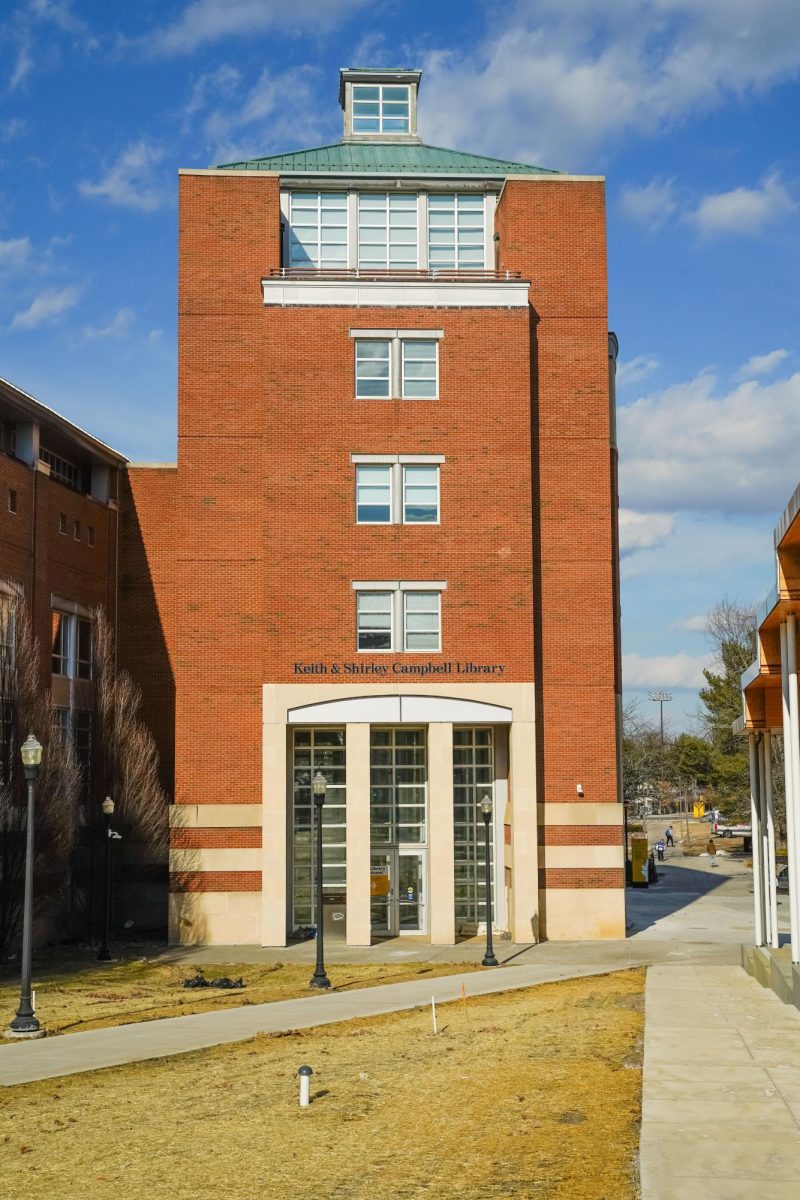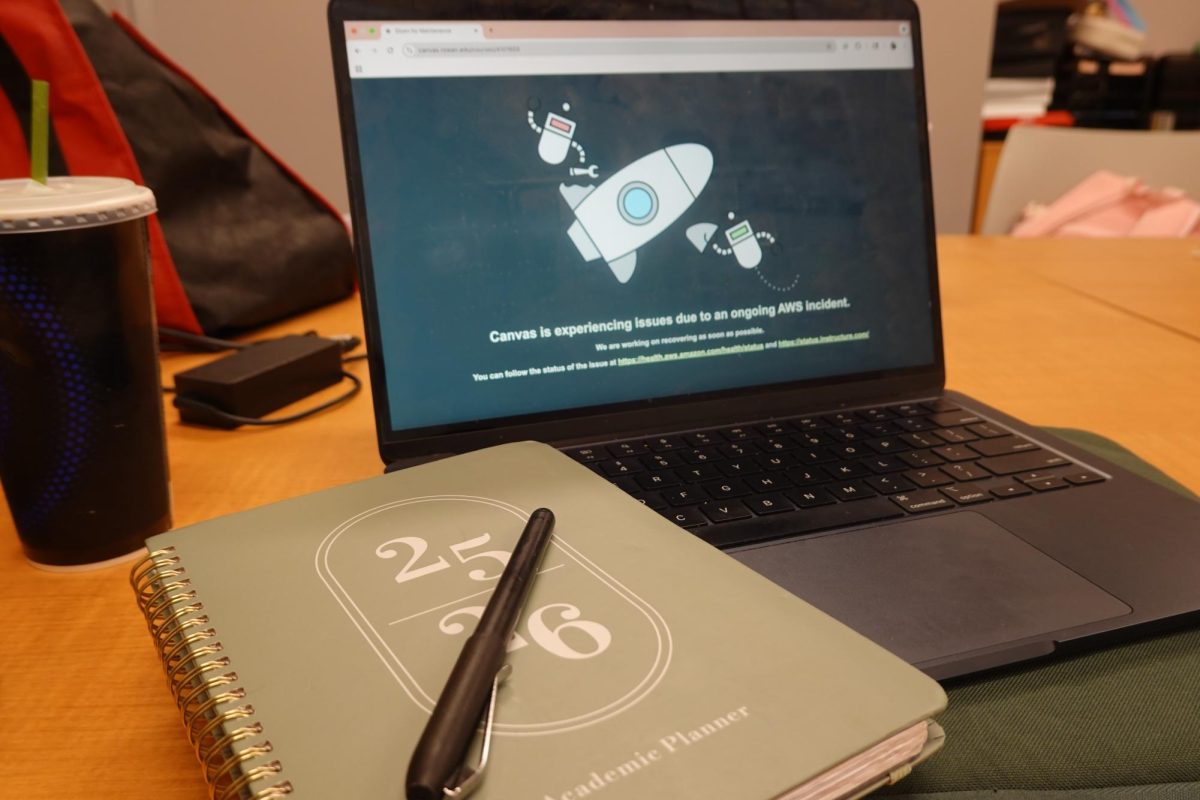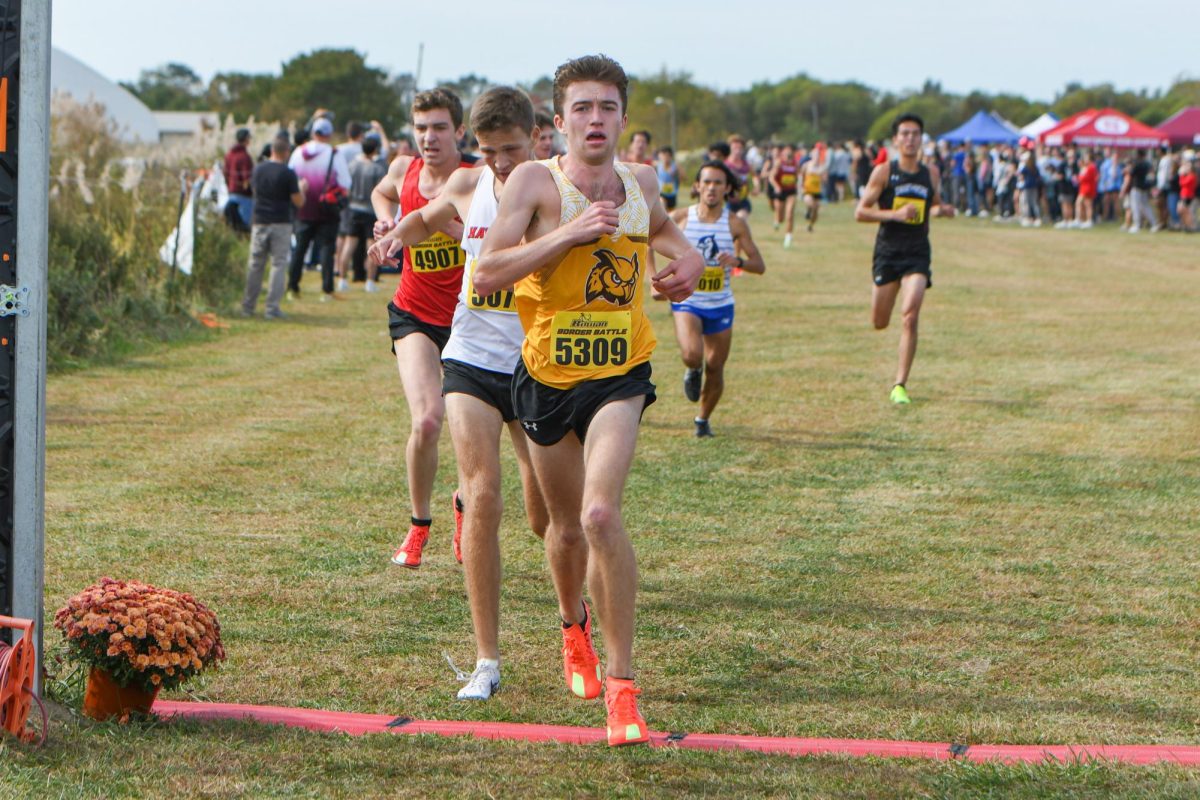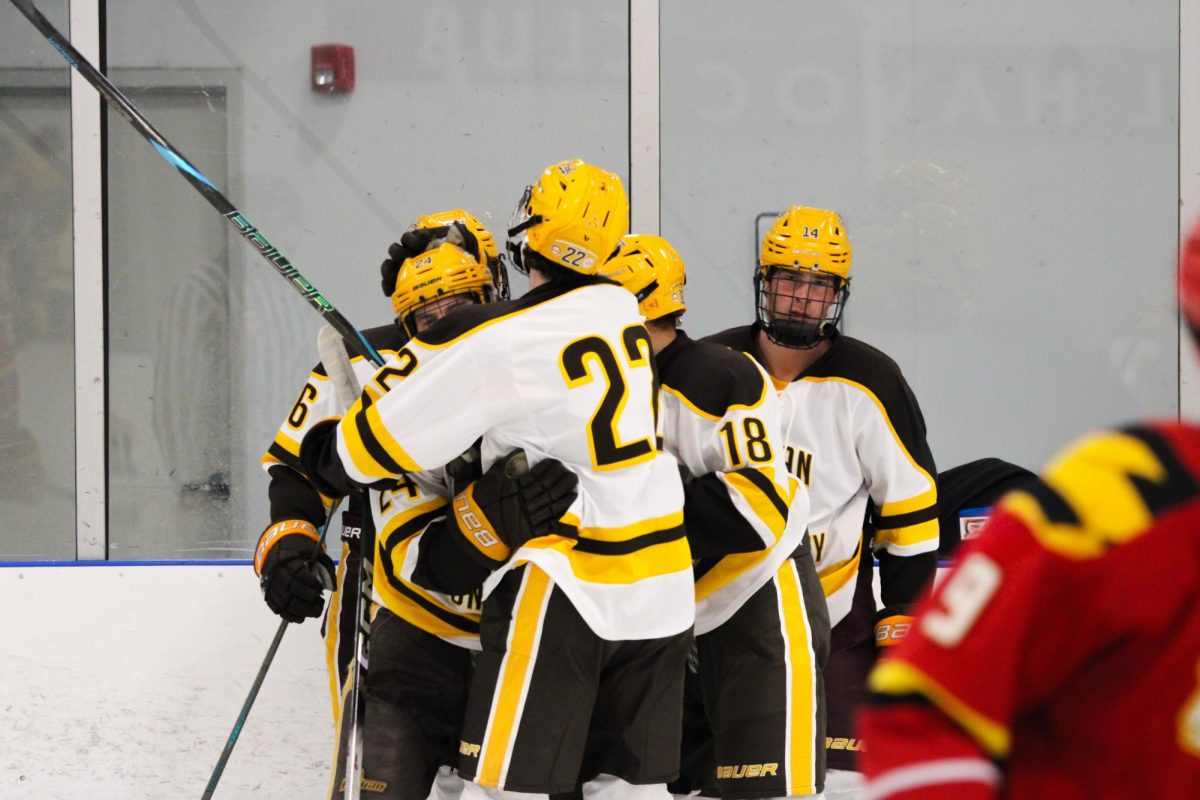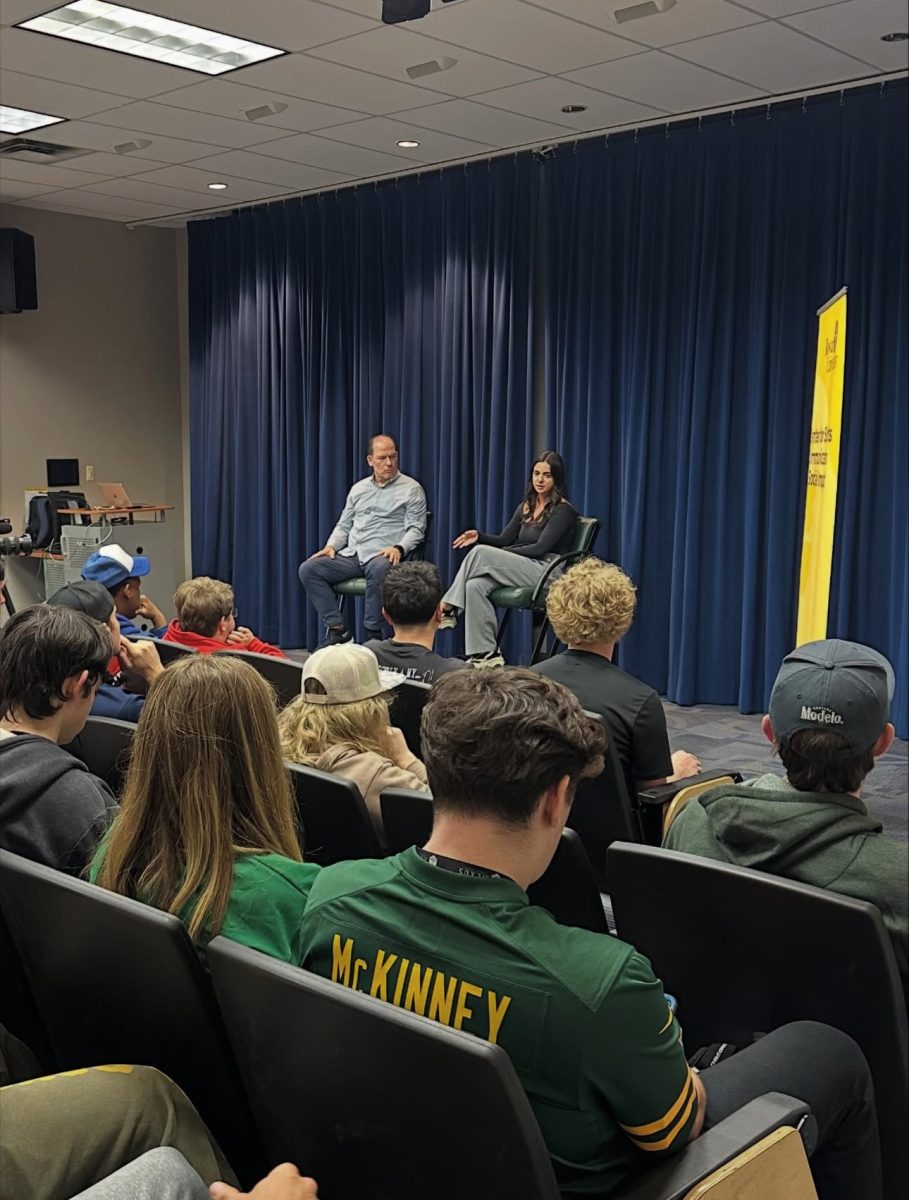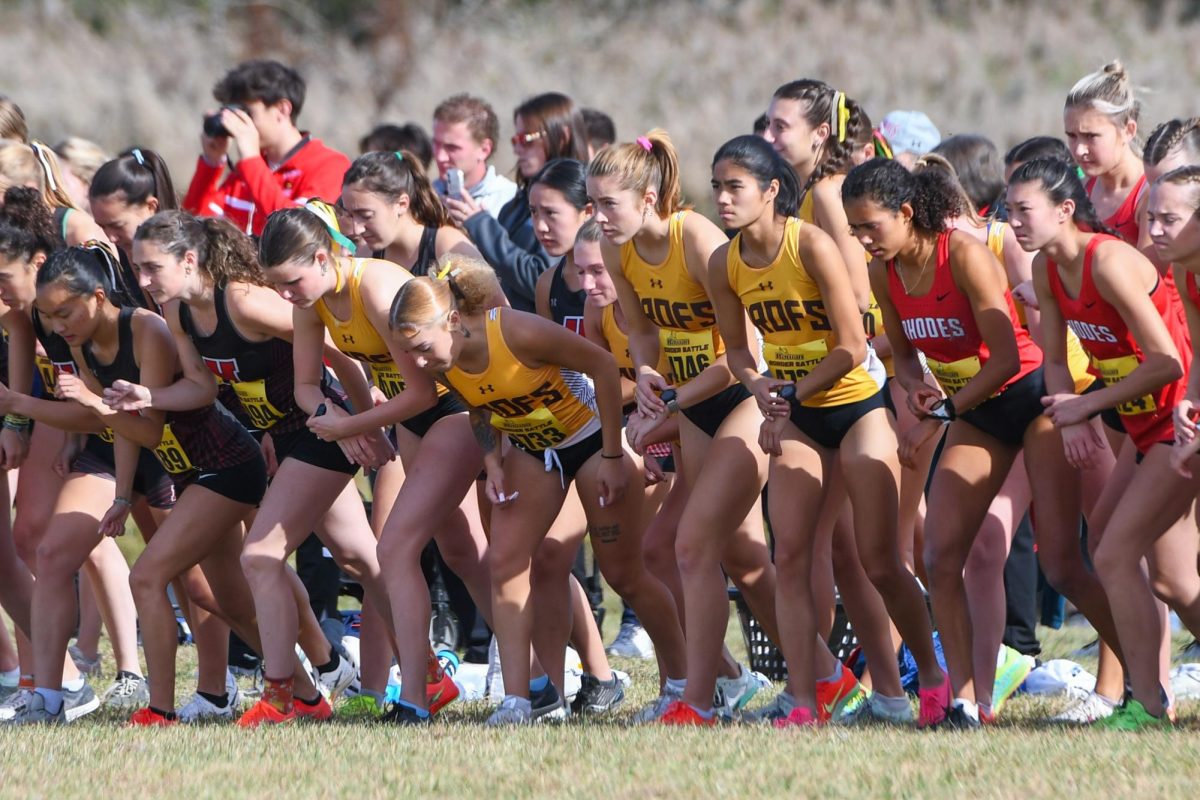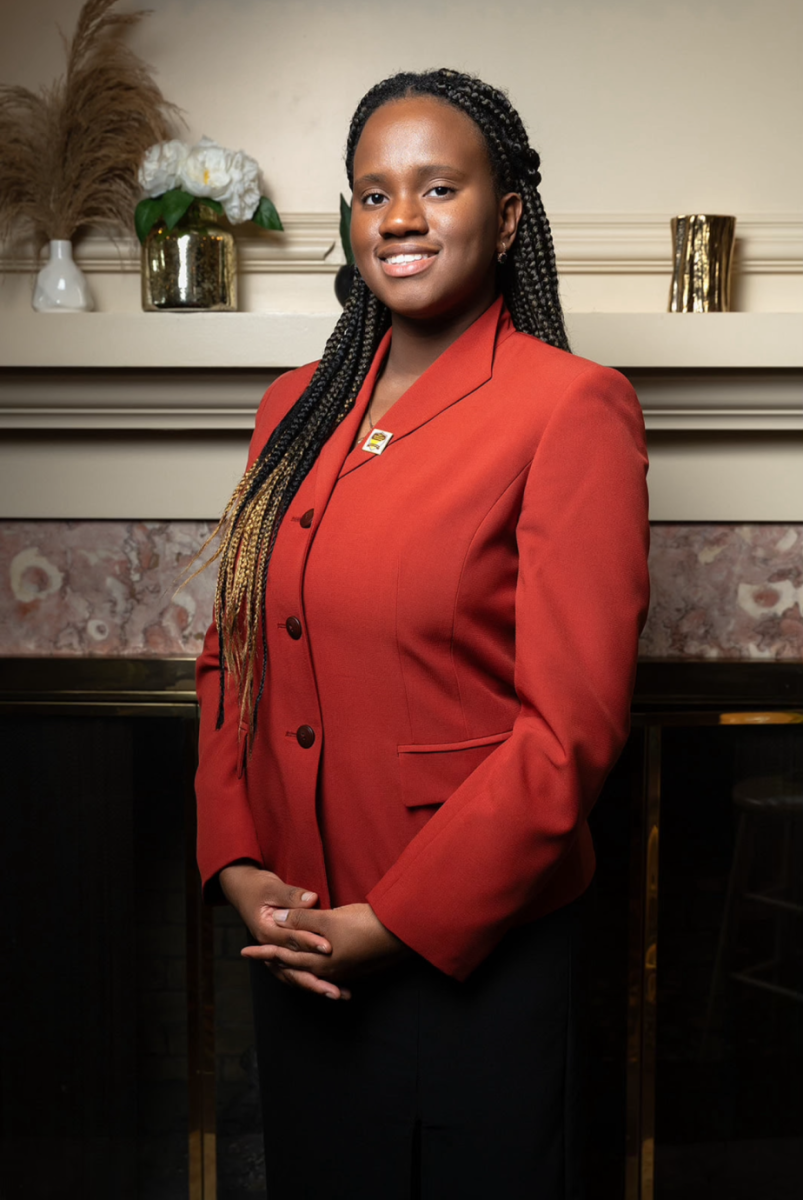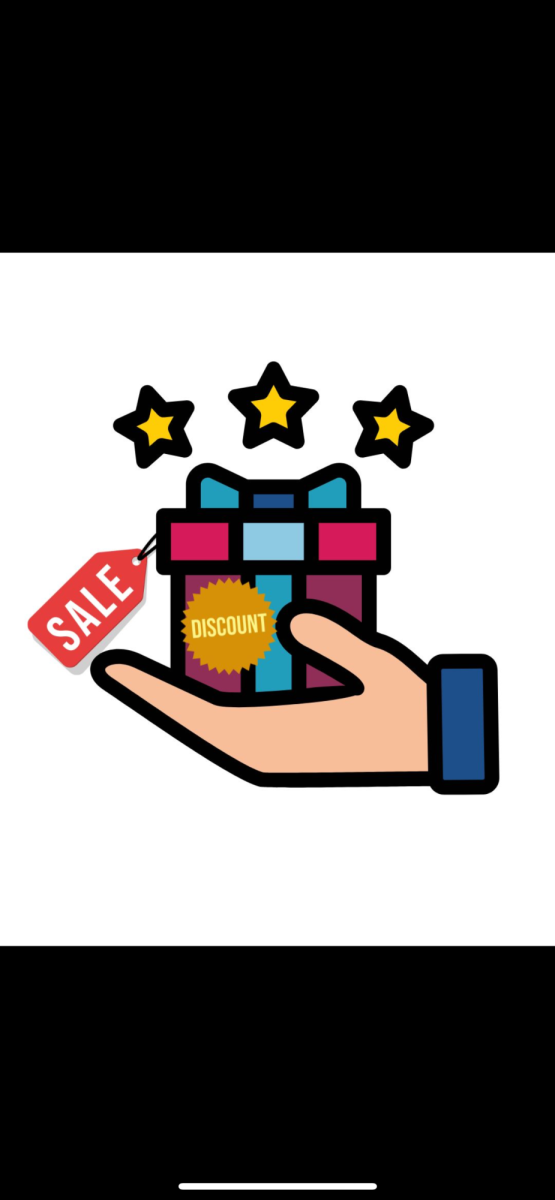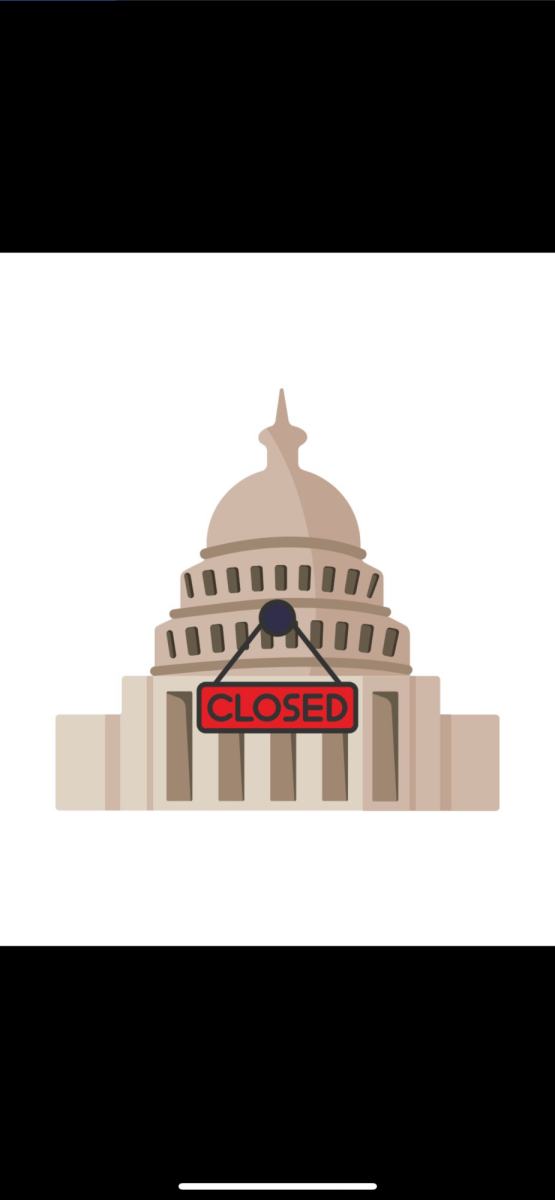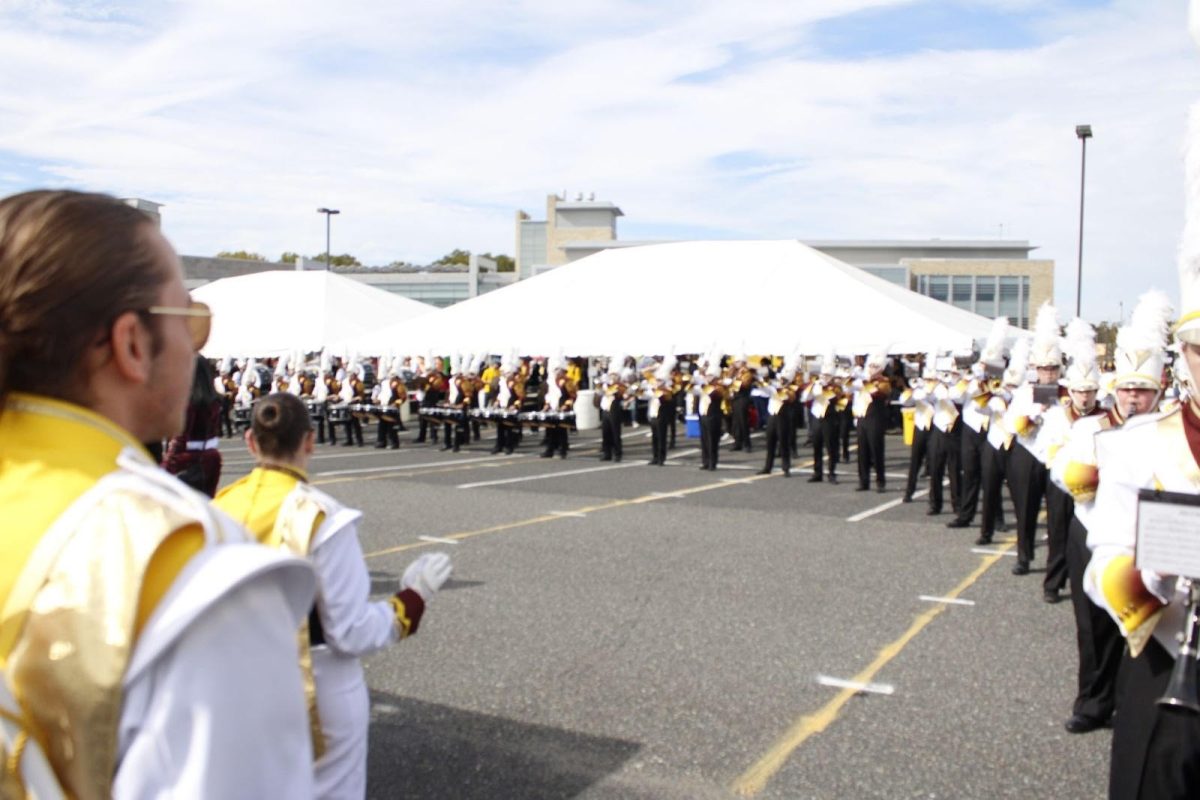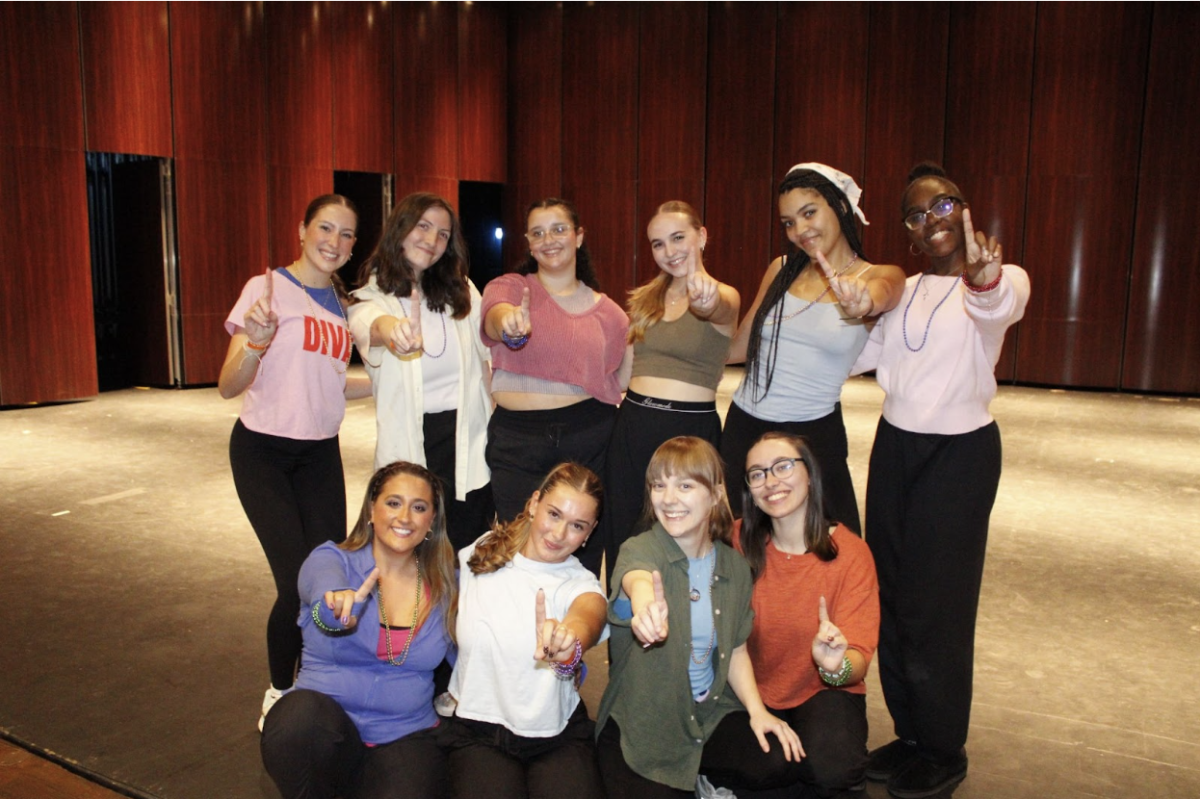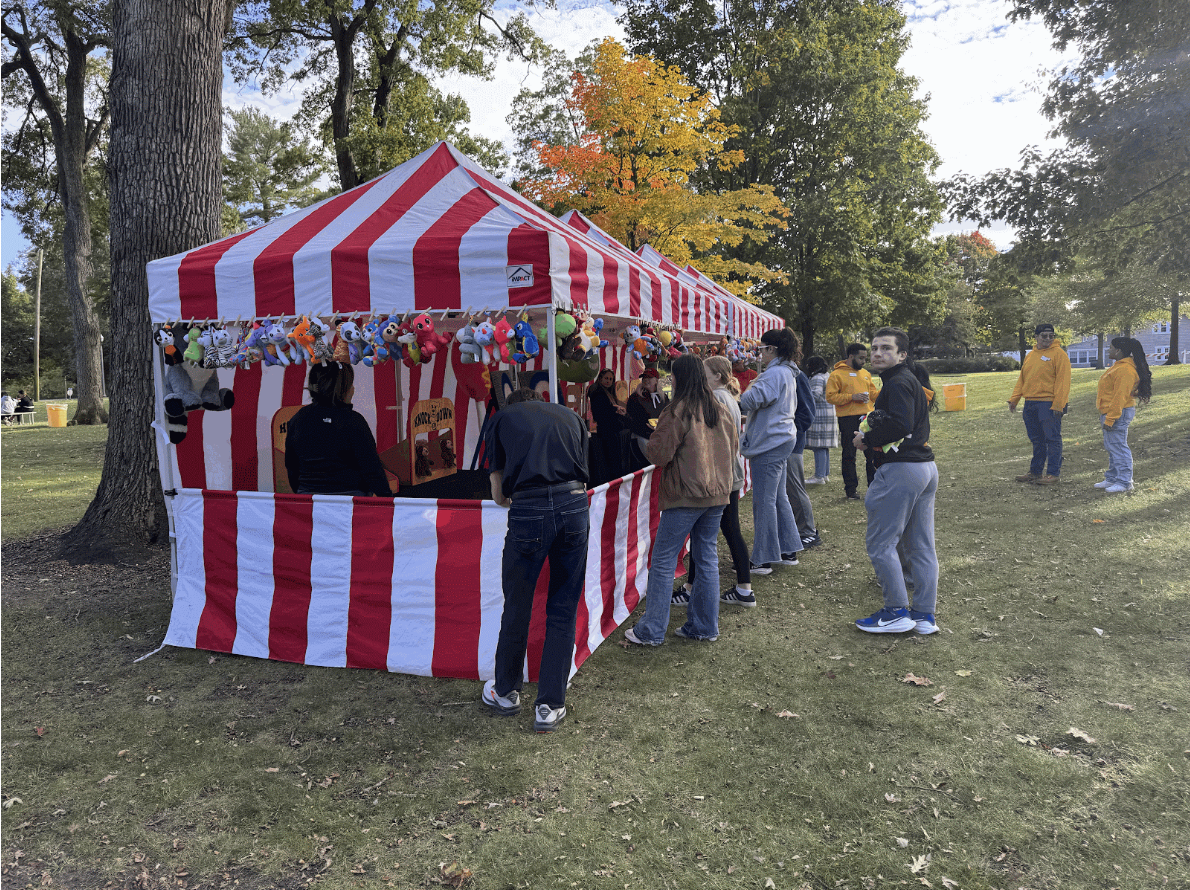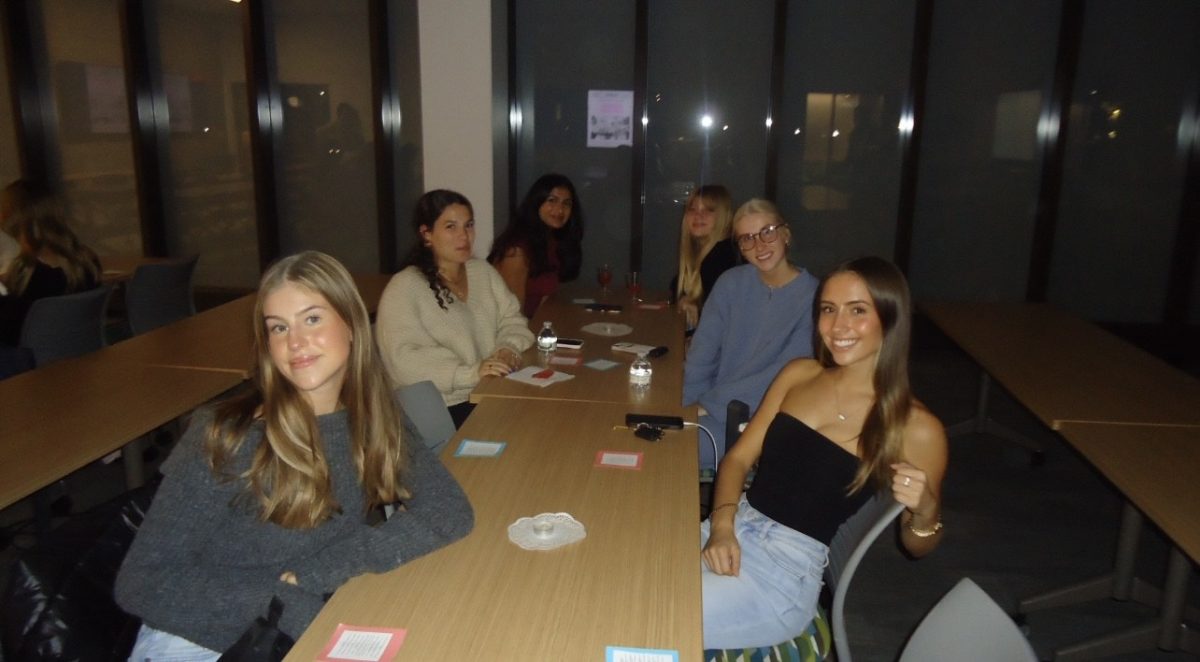With a focus on masculinity following the U.S. presidential election, Rowan University’s Men’s Action Network (RU-MAN) held another of its bi-weekly meetings this past Friday in the Office of Social Justice, Inclusion and Conflict Resolution (SJICR) in Robinson Hall.
In the group, members discuss how to redefine and reshape the idea of what it is to be a man, in today’s society.
“When we started this office of social justice and inclusion, one of the things that I knew I wanted to make happen was to create a space where men can think and talk about manhood, masculinity and what it means to be a man,” said the Director of SJICR Initiatives, Gardy Guiteau, who created the group three semesters ago.
Most of the conversation during the meeting revolved around the election results. Many members of the group stated that they felt drained after Donald Trump defeated Hillary Clinton, although some said they were hopeful and looking toward the future.
Several other topics branched off the election, including discussions about other political offices, the way the Electoral College is set up, and how mainstream media covered the campaign.
Kevin Johnson, a junior physics major who attended the meeting, said he felt that there was a real chance for the program to have an impact on the current image of masculinity.
“I think that conversations we have in the next couple of years are going to be really key and really important in kind of changing things [for men],” Johnson said.
Guiteau also played a video that compiled multiple examples of Trump saying racist or sexist things in interviews. He used that as a branching point to talk about what language is and isn’t acceptable to use when describing women, and how the members of the group can avoid discussing women that way.
After the meeting, Guiteau talked about what he felt is going on in the world at the moment for men.
“We have a crisis in masculinity,” he said. “That needs to be engaged, talked about and dealt with, and [we need to] create a space where men can talk about being men and give men permission to be authentic, and not just try to fit in a box of what it means to be a man.”
“If we do more authentic masculinity,” Guiteau continued, “then we could have more support for all the ways that men can then step up to then stand against any ‘-ism’, where men could be more holistic and use their manhood and their masculinity for positivity and for upliftment.”
For comments/questions about this story, email [email protected] or tweet @TheWhitOnline.



